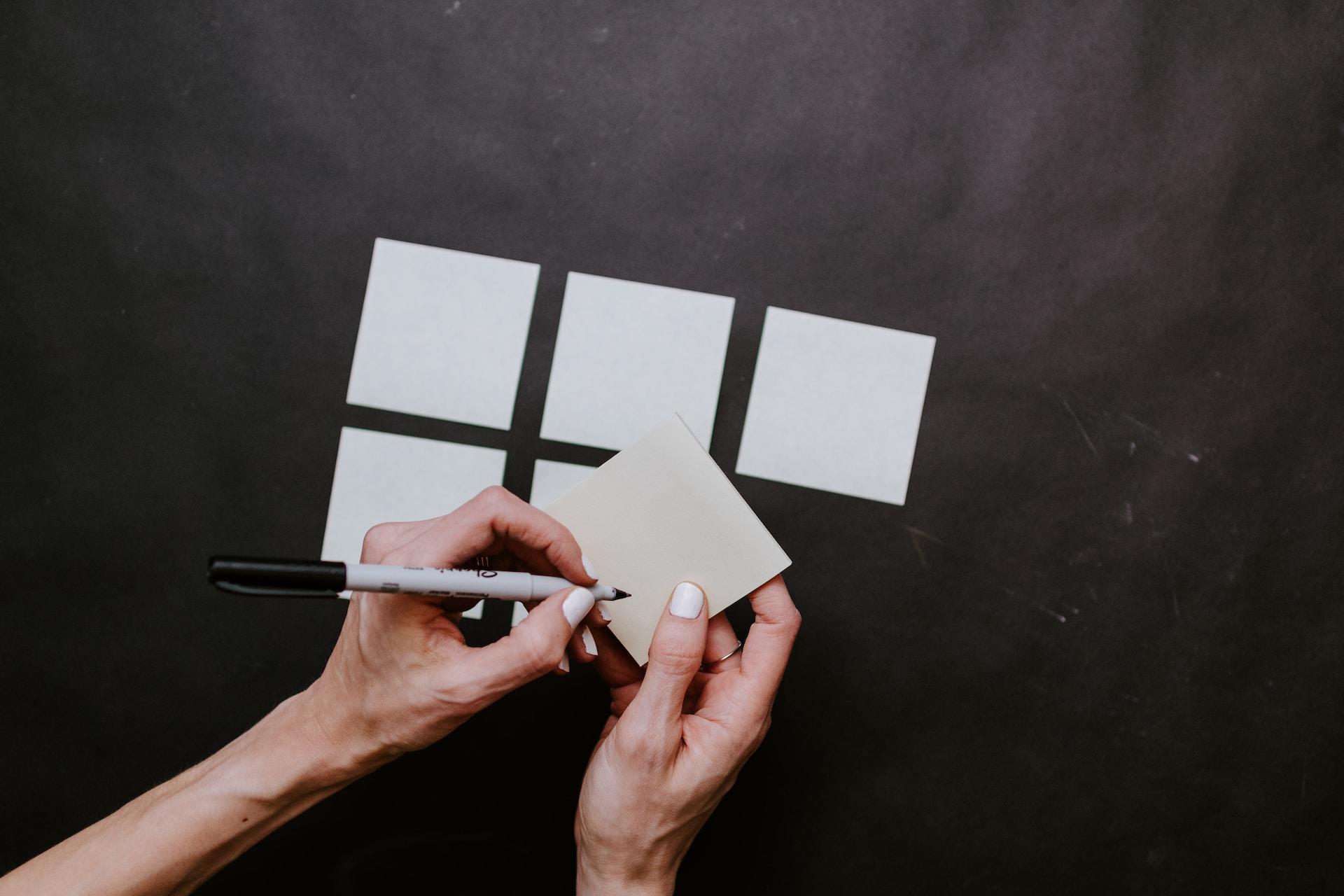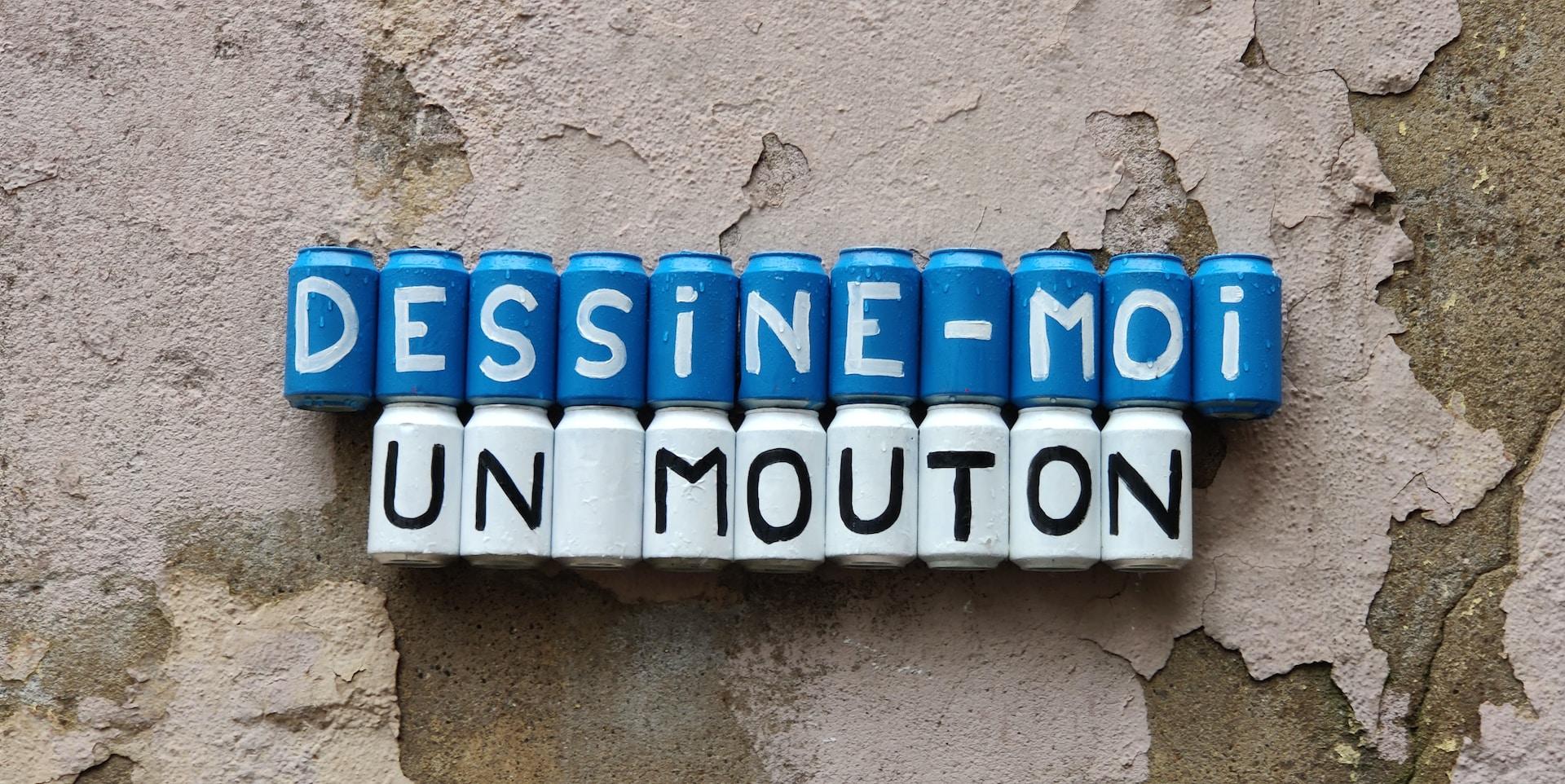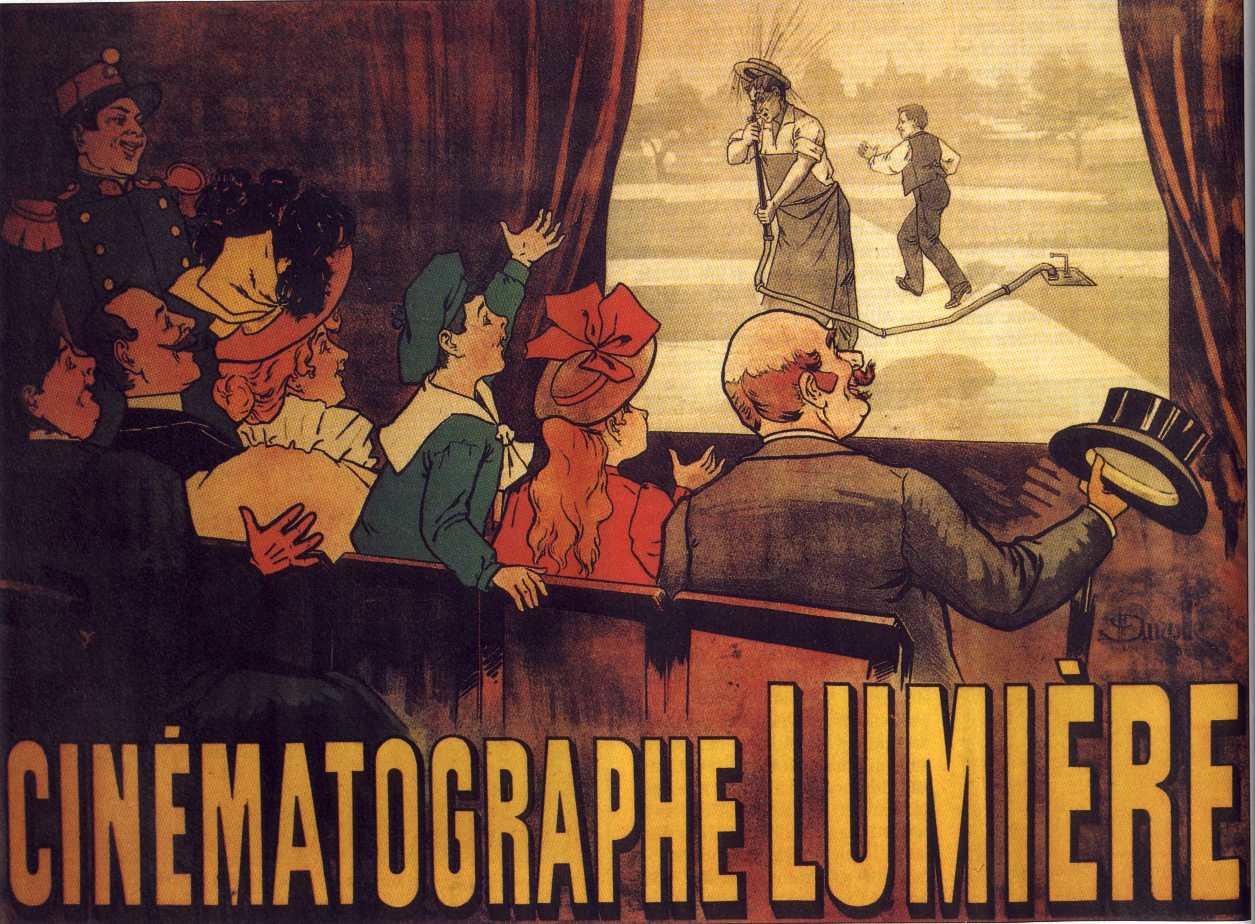If you asked your French teacher Melbourne that question, they would wonder if you're on a deadline. When done with passion and dedication, language learning is a lifelong affair. You're likely still discovering new words and how to use them in your native language. Expecting a timeframe to master French is unreasonable.
Besides, language isn't static. It changes and evolves as people create new words and dialects to suit the times. For example, most of the words to describe modern communication technology are only a little over 35 years old. Besides words like 'internet' and 'going viral', 'netizens' have created a wholly new vocabulary to communicate via text.
Still, you might have a reason to hurry your French learning. But as we say in French: "Minute, papillon!" (Hold on, butterfly!). You're embarking on a lifelong experience; pace yourself and enjoy the adventure. While you're at it, take these tips and tricks with you to advance your learning to boost your French skills.

How to Learn French
Language learners tend to focus on the language's nuts and bolts. They dwell on grammar and parse vocabulary, spending hours poring over their books. If you're not the standard 'sit at your desk' type of learner, you need a different way to study. These tools will help you build your language skills faster and more enjoyably.
Learning French Language with Flashcards
Every session, students taking French lessons Sydney shuffle through decks of cards. A French word or phrase is on one side with the English translation on the other. Often, before class, they challenge one another with their respective decks.
You could use applications like Quizlet or Anki to create digital flashcard sets. These apps don't provide the same memory benefit as handwriting does but they promote different ways to use the information you type in. For example, Quizlet has a 'learning' mode and an exam setting to test your proficiency. You may also play games based on the information you created your flashcards with.
If you've a scientific mindset, you might try digital and 'analogue' flashcards to see which ones work the best for your study needs. Or you might decide to alternate between the two, especially as those platforms already have French study sets available for you to use. Should you decide to stick with card stock and manual writing, don't forget that you can pass your decks down to beginner French learners when you're done with them.

Learning French language by Keeping a Diary
Keeping a diary is one of the best ways to learn French. Naturally, that means you must write in French for this improvement method to work. That, in turn, calls for you to know at least some French.
If you're an absolute beginner, have no qualms about copying introductory conversations from your textbook. You might also string words together that you learned in class that day. As your French skills grow, try writing your to-do list for the day in French.
The more French you learn, the more abstract your entries will become. You might write about your day in French or your thoughts on current events. If you're feeling particularly ambitious, outline the plot of a series you're watching, a film you’ve just seen or a book you’ve read.
Learning French language with Language Immersion
Of the four language skills - reading, writing, speaking and listening, beginner language learners often focus on the first two. They may be too shy to speak, especially at first. But it's hard to understand why these students neglect listening exercises.
The best way to learn a new language is total immersion. Short of moving to a French-speaking country, you'll have to create an immersive environment for yourself. You can do that by listening to podcasts or the radio in French. As long as you're tuning in, how about singing along with French songs? You can stream or download your favourites.
No list of tips to improve your French would be complete without recommending speaking practice. You can find language exchange partners on platforms like Italki. Or you may engage a tutor or private French teacher on the Superprof website. Superprof tutors offer French lessons online or in person, at home.
How to Learn French With French Movies
Watching French films adds another dimension to your French immersion strategy. Rather than remaining rooted in textbooks and relying on memorisation techniques, French films and series expose you to 'living French'. This is the type of French that native French speakers use to communicate.
It's vastly different from 'textbook' French recordings, which typically sound stilted and rote. In my French classes Brisbane, our French teacher uses such film clips to show us the difference between 'school' French and everyday French conversation. These lessons aren't only engaging; they help us understand the meaning of words in context. They also serve as a fine introduction to French culture.
The question remains, though: what should you watch? If you enjoy dunking on Americans, you'll like the bumbling cast of Lazy Company. This French series explores soldiers D-Day misadventures after an inept quartet of parachutists broadcast the operation's details.
For something more heartwarming, try Demain tout commence, about a man who discovers he's a father. Sage femme is less heart warming than heart-rending. You can discover more about these films as well as more titles to browse from our expanded recommendations of French films.

How Long Does it Take to Learn French With Books and News?
Any diligent French student would develop all four language skills at the same time. Making flashcards by hand works your writing skills and watching films in French boosts your listening skills. If you enjoy French movies with the subtitles on, you're also working your reading skills. However, reading French newspapers and other materials in French would advance those skills faster.
Your textbooks and study materials are in French, of course. But they're in 'learning' French, not the type of French that native speakers relay information with. By contrast, newspapers (and their websites) offer an array of topics with relatively short articles for you to read.
You could also read books in French. As a beginner, you might find children's books helpful because of the pictures that often accompany the text. For this, Le grand livre des mots and the series Le livre des mots qui... are without compare.
The French series Astérix is famous as much for its sardonic humour as for historical accuracy. These books present advanced storylines and address complex themes such as racism, fat-shaming and inequality. The Tintin series is equally highbrow but exquisitely drawn. Tintin stories are more about derring-do and crime-solving with a dog, Milou, who provides comic relief.
Those selections might be a bit too advanced unless you're at the low-intermediate level. To get your French reading skills to that level, you could explore the blue-tinged Schtroumf world. These stories are typically simpler and shorter than the other two series.
If you're still undecided over whether to taking take French lessons online or in a class, reflect on one of the world's most beloved tale of interstellar travel. Le petit prince exposes the absurdity of the adult world as seen through the eyes of a prince who is homesick for the rose he left behind. You probably read it in your native language but wouldn't it be great to read it in its original prose? The sooner you start your French lessons, the faster you can revisit our young prince.

Learn How To Speak French With Games
In this article's introduction, we stated that language isn't static. On the contrary, it's dynamic; bursting with energy such that it compels usage. Sitting at a desk and memorising French vocabulary has its merits but you could flex and grow your skills with games for learning French.
You can play 'Baccalauréat' - Letters of the Alphabet. At its simplest, you run through the alphabet, naming one French word for each letter. As you vocabulary grows, you can start implementing categories: Animals of the Alphabet, Foods of the Alphabet and so on. Should you get stumped on one letter, take a dictionary break to find a suitable word.
As your skills grow more expansive, so should the game. Choose five categories; maybe countries, animals, foods, pieces of furniture, and items of clothing. Spice the game up further by choosing a random letter. If you have any cardstock leftover from making flashcards, you could make letter tiles and draw random letters as you would bingo numbers.
And if you have enough cardstock, you could make cards to play Word Poker. Create your deck with enough verbs, nouns, articles and prepositions. And then, gather your French classmates for a game evening. The rules are simple: it's just like poker - ante, reject and draw cards, and aim for a winning hand.
Whether you play five card stud or draw, seven no-peek or Texas hold'em, the object is the same: create a complete, grammatically correct sentence. You might even have fun playing during your French lessons!
Summarise with AI:
























